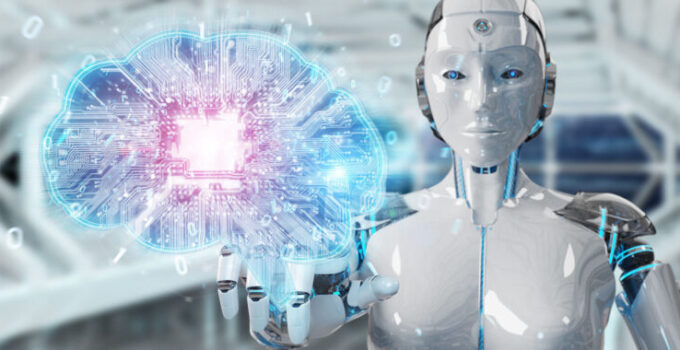With new innovations in AI constantly emerging, there is always a swirling question about whether or not it will one day replace our jobs. We have all grown up with media that have taken jobs that people do right now and replaced them with a robot or some other autonomous function. Let’s take a look at how likely this will be in reality.
It Will Take a Long Time

Source: pixabay.com
If an Ai does ever become sophisticated enough to take a job from humanity, it will take a lot of time to fully develop. We have taken years to get from a basic AI to the complexities that we see today, and even then, we are a little unsure as to what the next major advancement will be.
This slow development can be seen in many other areas. Human computers like NASA’s Katherine Johnson were still in employment for a long time before the switch was made to the tech that we are more familiar with today. We even sent people into space using the maths created by these computers. What’s more, we are still using the wheel today in many inventions if you need any proof that sometimes development does take a very long time.
It Will Be an Assistant
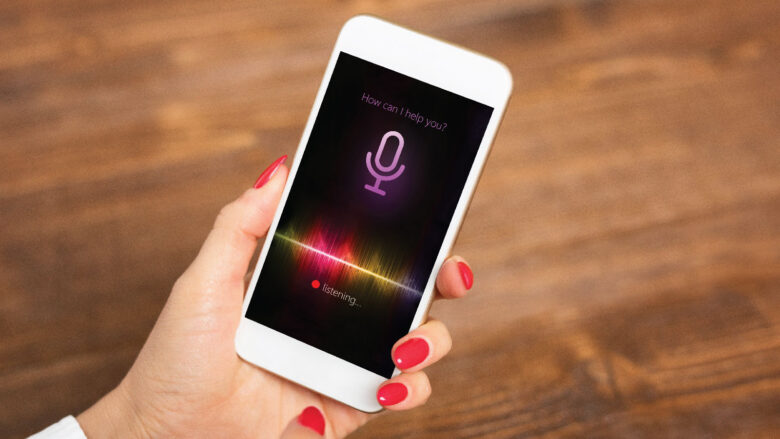
Source: enterprisetalk.ondot.media
It is thought that most AIs will be developed to help humanity with some tasks instead of replacing their expertise entirely. For example, AIs that are being developed for use in operating theatres will most likely be helping the surgeon and not standing in their place.
Developing these assistants is key, and it is the focus of many in this industry. Top investors like London-based billionaire Tej Kohli and American-French venture capitalist Jeff Clavier are just some of the people helping to support the tech and AI developers as they develop their products.
New Jobs
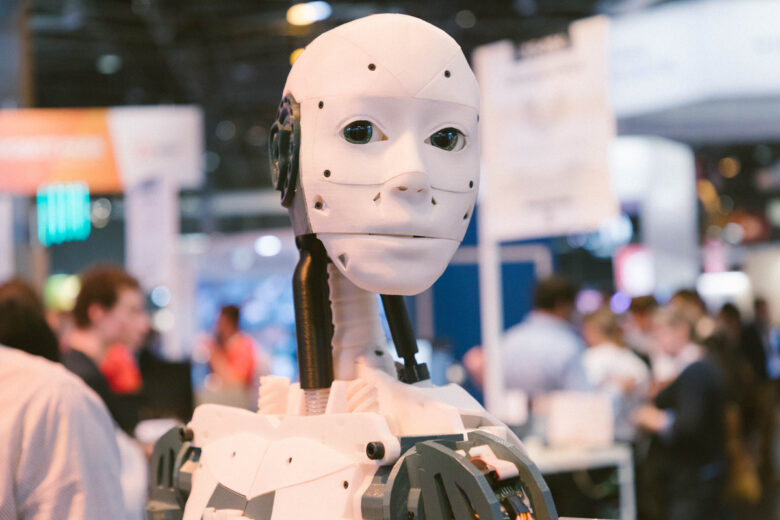
Source: welcometothejungle.com
There is always the chance that new jobs will emerge in the future for humans to do, allowing AI to naturally step in and take our place as they have done with calculations previously. There is always the constant cycle of new jobs emerging and old ones becoming more obsolete.
Let’s jump back to the Victorian era for a moment. If you were to tell someone that you were an app developer, they would not be able to fathom what it was you did for a living. Likewise, when was the last time you saw a lamplighter in the modern era – someone who used to have an incredibly important job? Times change, and so does the way we work. The adoption of AI is a key part of this continuing evolution.
No matter what, it is clear that AI is not going to take our jobs away from us, no matter what some people fear. Instead, we should be focused on ways in which this can help to enrich and advance our lives. In 20 years, we could be living in a society that works alongside AI with little to no issues at all!
Benefits of AI In Workplaces
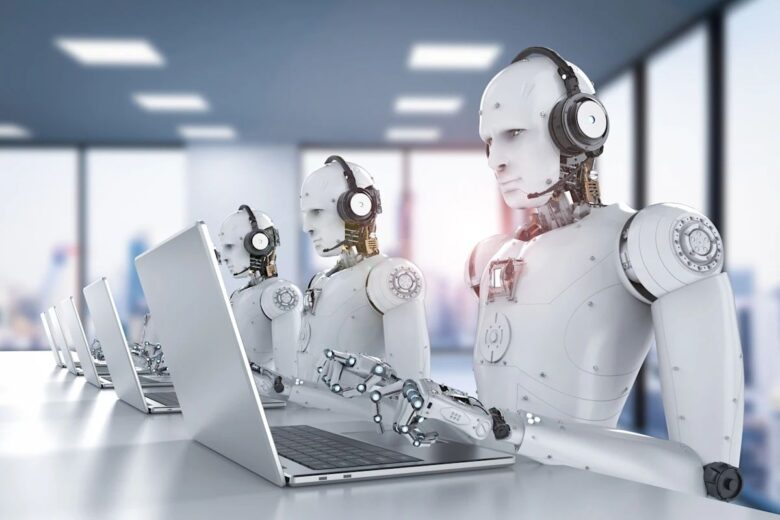
Source: virgin.com
We understand your fear that you will stay out of the job because of a robot. However, we believe that our list from the above will calm you down. Our recommendation is to replace those negative thoughts with positive ones. AI is there to help you in different ways and make your working hours more entertaining. It seems that people are not even aware of the benefits they can get from AI technology. Because of that, we must highlight some of the most common ones. It is up to you to use them in the best possible way.
Productivity of Works Will Increase
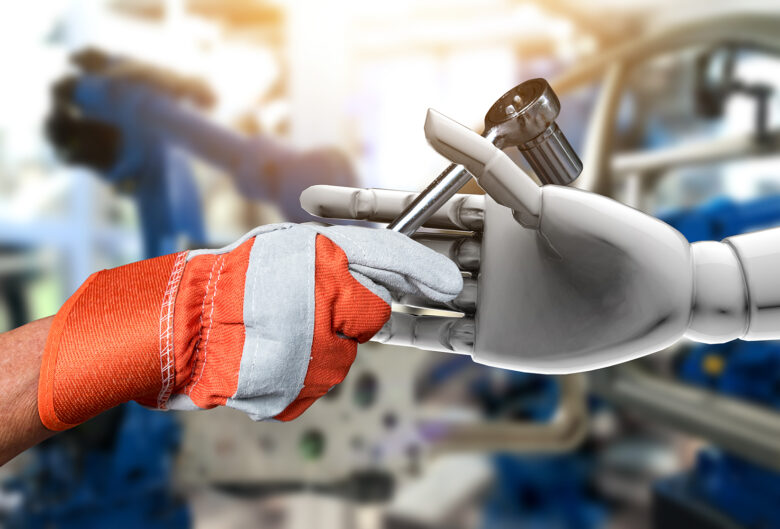
Source: news.stanford.edu
Living in the world of advanced technology is amazing because of different reasons. However, when we talk about the business world, not using technology might cost you a lot. The usage of artificial intelligence is visible in many different industries. For instance, the fashion industry started to use it actively to ensure the best possible buying experience for its customers. Keep in mind that people mostly purchase things online these days.
When we talk about the level of productivity, it will surely go up together with the AI. That type of technology will handle all repetitive tasks across the entire organization. These talks are usually demotivational for workers. They need to should an identical level of concentration when accomplishing them. In most cases, something like that is mostly impossible. The employees will manage to focus on some more important tasks and finding solutions for more complex problems.
A good example of AI in today’s businesses is chatbots. They directly interact with all the visitors that come to the website. They can expect to get accurate and fast customer support. Keep in mind that good customer support is one of the most important things for business success.
Complex Data Becomes Digestible Insights
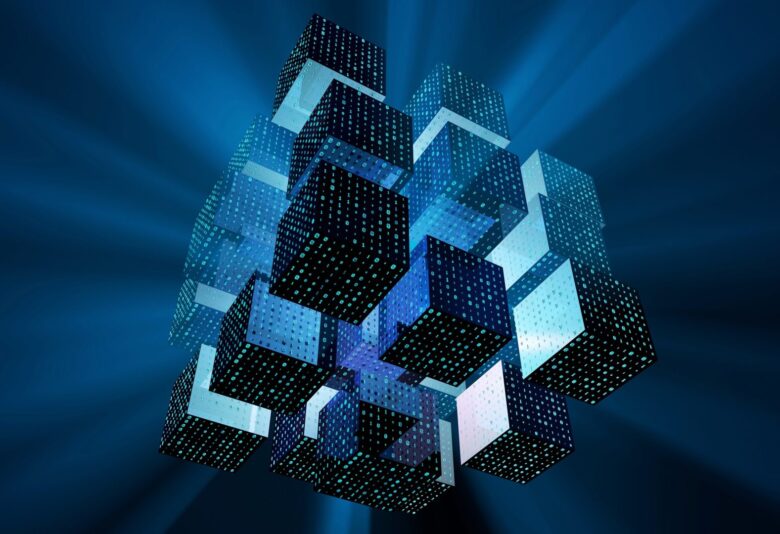
Source: vertica.com
Running a successful business without data is impossible in today’s world. Finding a data expert that will satisfy your requirements is almost impossible. Because of that, AI can become the best assistance you can get. It has the power to analyze the data and collect all important insights for your business.
Let’s highlight some of the biggest benefits you can get from AI for big data. For instance, technology can easily highlight some of the trends. Despite that, it can also identify all the pattern changes important for your business. In the end, thanks to advanced features, it can predict certain metrics and tell business owners which ones they need to follow. THat will allow entrepreneurs to optimize their performances.
Imagine that you need to do something like that manually. First of all, it will be one of the most time-consuming tasks you have. Also, it will bring you some additional costs that can negatively influence the company’s profit. Employees will have enough time to focus on more important tasks that are usually more inspirational and entertaining. Collecting data manually is surely not one of those that employees gladly work on.
A good example of that could be banks. They all use AI to recommend financial products to their clients. The technology itself checks which funds are available as well as customer’s past decisions and some important market conditions.

